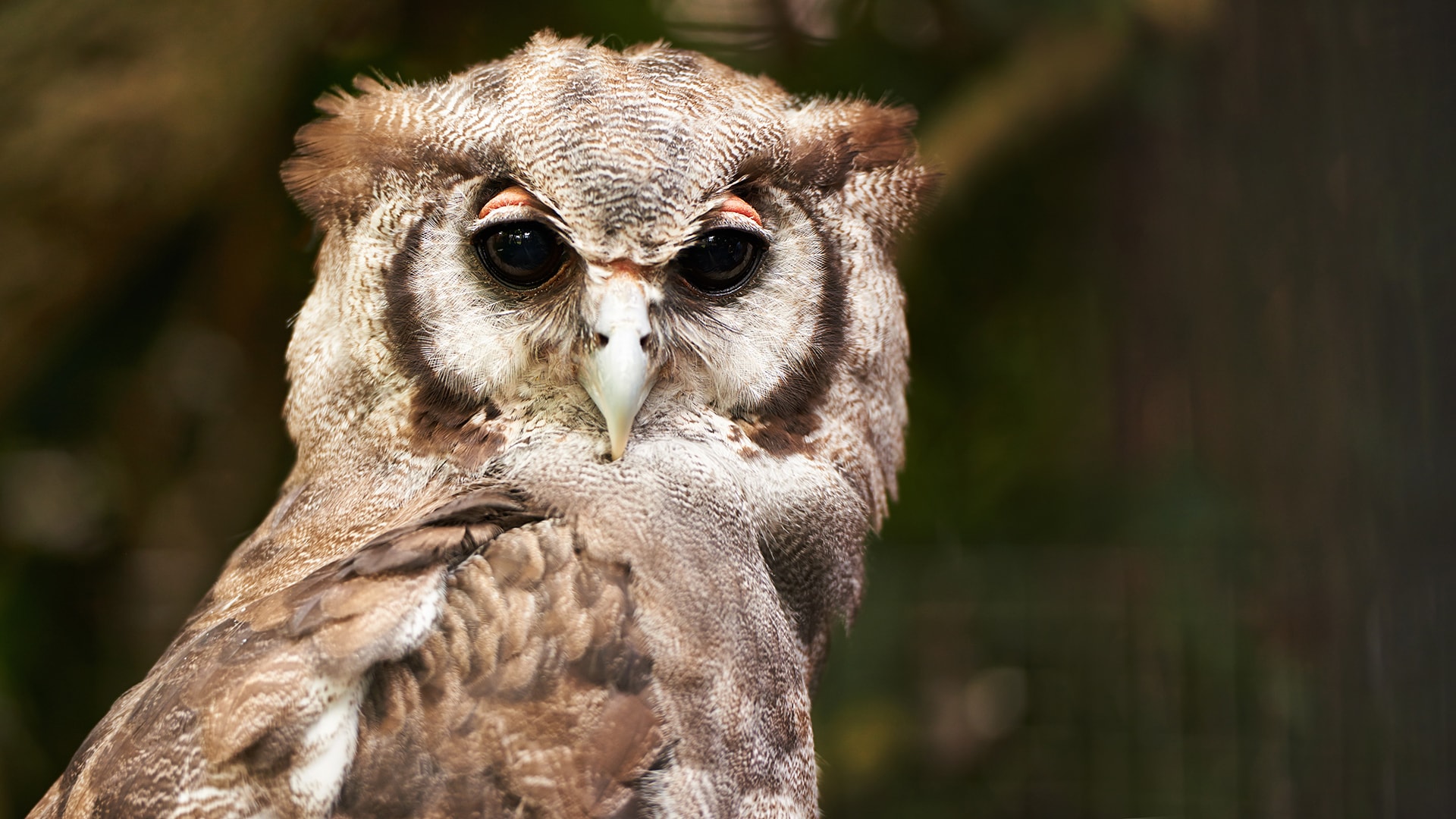
The Ethics of Keeping Animals in Zoos
The ethics of keeping animals in zoos has been the subject of much debate over the years. While zoos provide safe environments for endangered species and play a role in conservation, some critics argue that keeping animals in captivity is inherently unnatural. They believe that animals should live in the wild, free from human interference.
Supporters of zoos point out that many species would face extinction without the intervention of zoos. With habitats disappearing due to deforestation, urbanization, and climate change, zoos offer a refuge for animals that might otherwise have nowhere to go. Additionally, zoos educate the public about wildlife conservation, helping to inspire future generations to take action to protect endangered species.
Modern zoos have made significant improvements in how they care for animals, moving away from small, barren cages to expansive, naturalistic enclosures. Enrichment programs and breeding efforts also demonstrate a commitment to animal welfare. However, the debate continues, with some advocating for more extensive wildlife sanctuaries or wildlife corridors as alternatives to traditional zoos.
The ethical considerations surrounding zoos depend largely on the balance between the benefits zoos provide for conservation and education and the quality of life experienced by the animals in captivity. As zoos continue to evolve, the focus remains on improving animal care and ensuring that conservation efforts are as effective as possible.

